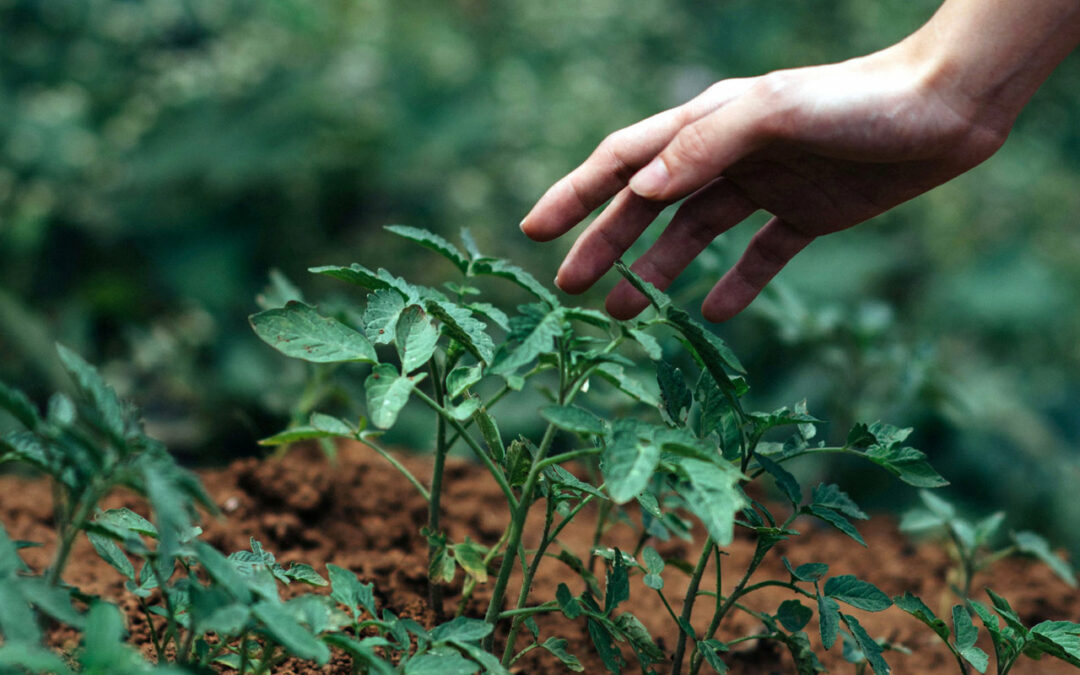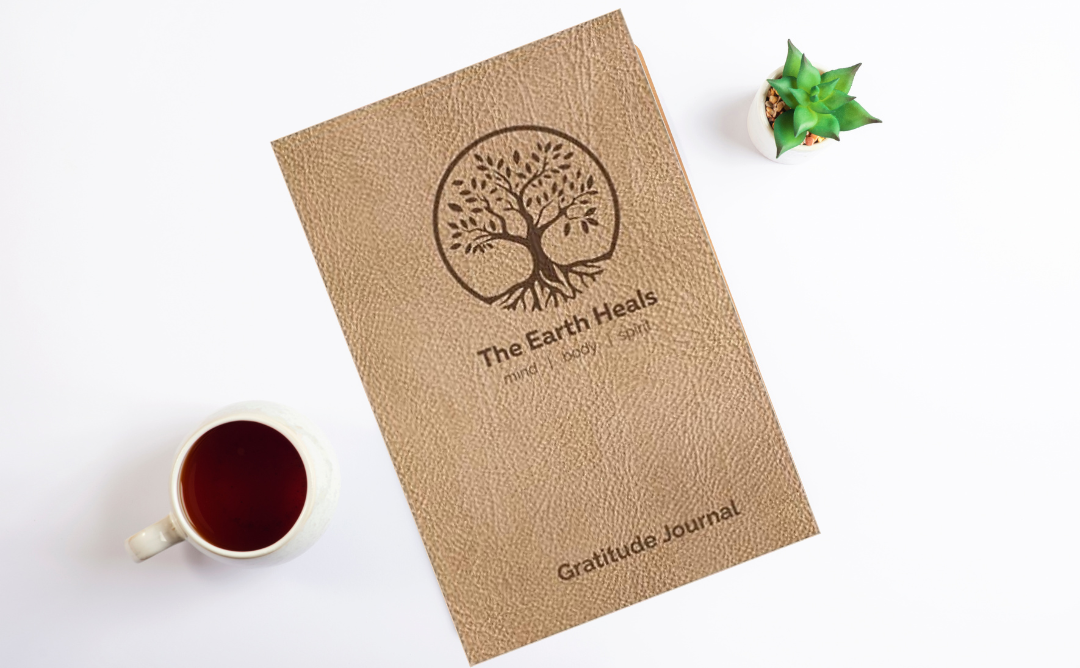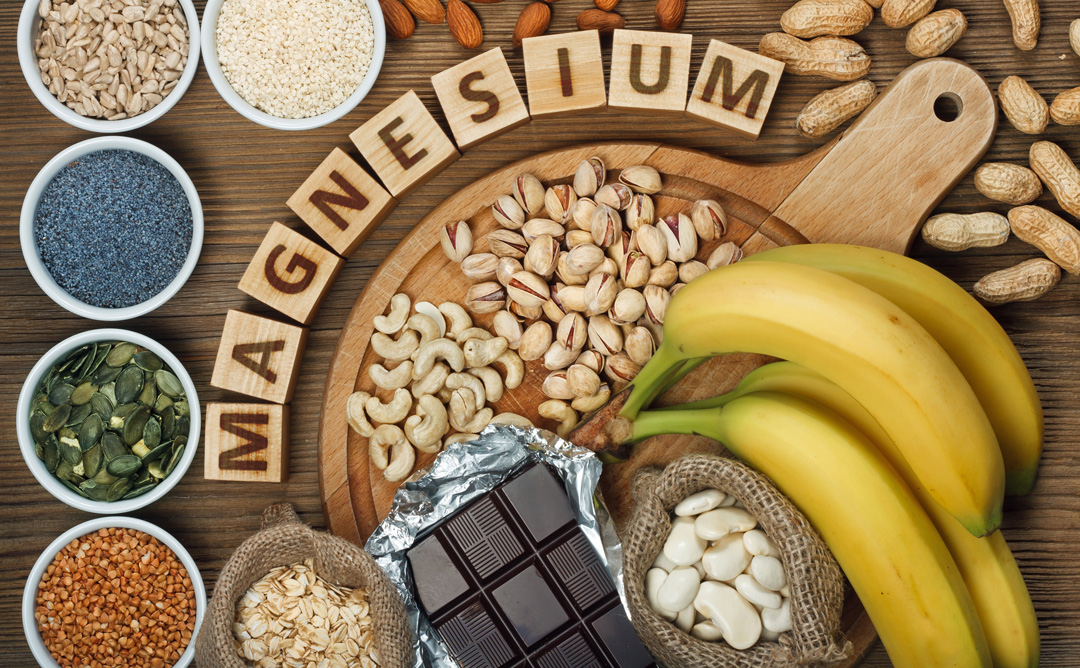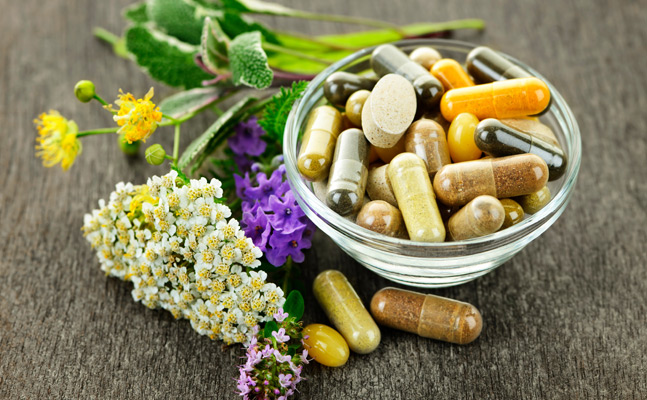
10 Eco-Friendly Gardening Tips for a Greener Earth Day

10 Eco-Friendly Gardening Tips for a Greener Earth Day
As we celebrate Earth Day, fond memories flood my mind with growing up in Upstate New York. In the quaint town of Owego, My Dad and Mom grew anywhere from 4-8 gardens per year, all grown from seed. My Dad epitomized living in harmony with the land. Our family’s diet was rich with fresh fruits and vegetables —all meticulously aligned in rows that caught the eyes of passersby. Summers were dedicated to canning and freezing our bounty, ensuring we enjoyed the fruits of our labor year-round. His plants started as seeds in a makeshift greenhouse with a wooded frame and old window that would slide on and off to adjust to the level of heat needed.
Summers were spent canning and freezing our crops. We truly lived off the land. he epitomized living in harmony with the land. Our family’s diet was rich with fresh tomatoes, corn, potatoes, and blackberries—all meticulously aligned in rows that caught the eyes of passersby. Summers were dedicated to canning and freezing our bounty, ensuring we enjoyed the fruits of our labor year-round.
“The best time to plant a tree was 20 years ago. The second best time is now.”
There’s no better time to start or enhance our gardening efforts than Earth Day! Whether you’re a seasoned gardener or just getting started, here are 10 eco-friendly gardening tips to help you make a positive impact on the our Environment:
- Compost: Composting is a simple way to turn food scraps and yard waste into nutrient-rich soil for your garden. It reduces waste sent to landfills and helps to reduce greenhouse gas emissions. There are a lot of options. If you want to keep it contained, try this one: https://amzn.to/3U3lays
- Go Organic: Using organic fertilizers and pest control methods will help reduce the use of harmful chemicals that can harm wildlife, waterways and soil. https://amzn.to/3U3ljSw
- Use Native Plants: Native plants are adapted to your region and require less water and maintenance than non-native species. They also provide habitat for local wildlife.
- Water Efficiently: Water your garden in the early morning or late evening to reduce evaporation. Use drip irrigation systems or a rain barrel to collect rainwater to irrigate your garden. https://amzn.to/49RwjZ6
- Mulch: Mulching around plants helps retain moisture and suppresses weeds, which reduces the need for water and chemical weed killers.
- Choose Eco-Friendly Products: Choose products that are sustainable, eco-friendly and non-toxic for your garden such as natural pest repellents, organic fertilizers and biodegradable planters. https://amzn.to/3JsnNEQ
- Plant Trees: Trees absorb carbon dioxide and release oxygen, making them a natural way to combat climate change.
- Start a Bee Garden: Bees are essential pollinators that are vital to our ecosystem. Create a garden that attracts bees with native flowers, herbs and shrubs. https://amzn.to/3xLqBuj
- Use Sustainable Gardening Practices: Use hand tools and manual labor as much as possible to reduce greenhouse gas emissions from gas-powered gardening tools.
- Reduce, Reuse and Recycle: Use recycled materials, compost waste, and recycle containers to reduce waste in your garden.
By incorporating these eco-friendly gardening tips, you can make a positive impact on the environment and celebrate Earth Day every day in your garden.
Here are some resources that will help you to live a life that is eco-friendly
Disclaimer: We are an affiliate of many companies, which means that we may receive a commission if you click on our affiliate link and make a purchase. However, this does not affect our reviews and comparisons. We strive to provide honest opinions and recommendations based on our own experiences and research. Any product claim, statistic, quote, or other representation about a product or service should be verified with the manufacturer, provider, or party in question.








